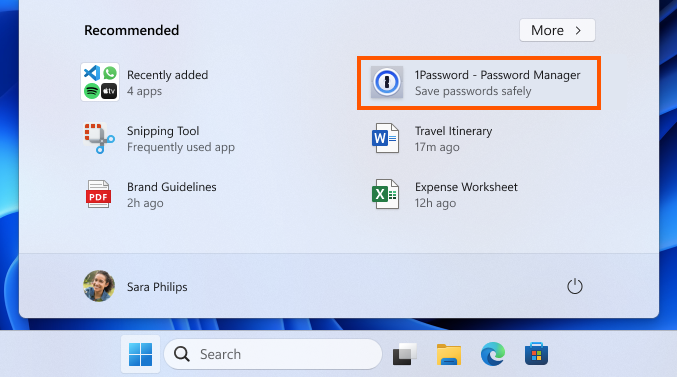Get your popcorn ready.
Yes, it seems that Elon Musk has decided that Twitter isn’t worth it, and he has backed out of the deal. He notified the company via a letter from his lawyers on Friday, according to a regulatory filing.
Chief among his claims is that the company misrepresented the number of fake and bot accounts found on the service. As in, a much higher number than the 5% the company represented them as. In turn, Twitter plans to sue Musk for dropping out of the deal, and plans to hold him the the $54.20-per-share he originally offered for the company. As Twitter Chairman Bret Taylor tweeted out:
The Twitter Board is committed to closing the transaction on the price and terms agreed upon with Mr. Musk and plans to pursue legal action to enforce the merger agreement. We are confident we will prevail in the Delaware Court of Chancery.
The backlash to Musk backing out of the deal is primarily a $1 billion breakup fee paid to Twitter, as well as potential litigation. That is, unless it can be proved that Twitter misled him in regards to the value of the company. From the letter to Twitter:
… Mr. Musk is terminating the Merger Agreement because Twitter is in material breach of multiple provisions of that Agreement, appears to have made false and misleading representations upon which Mr. Musk relied when entering into the Merger Agreement, and is likely to suffer a Company Material Adverse Effect (as that term is defined in the Merger Agreement).
The letter goes on to say:
While this analysis remains ongoing, all indications suggest that several of Twitter’s public disclosures regarding its mDAUs are either false or materially misleading. First, although Twitter has consistently represented in securities filings that “fewer than 5%” of its mDAU are false or spam accounts, based on the information provided by Twitter to date, it appears that Twitter is dramatically understating the proportion of spam and false accounts represented in its mDAU count. Preliminary analysis by Mr. Musk’s advisors of the information provided by Twitter to date causes Mr. Musk to strongly believe that the proportion of false and spam accounts included in the reported mDAU count is wildly higher than 5%. Second, Twitter’s disclosure that it ceases to count fake or spam users in its mDAU when it determines that those users are fake appears to be false.
Moreover, the letter alleges that Twitter was also in breach of the agreement by making false claims to the SEC about fake and spam accounts representing less than 5% of all daily active users.
Mr. Musk relied on this representation in the Merger Agreement (and Twitter’s numerous public statements regarding false and spam accounts in its publicly filed SEC documents) when agreeing to enter into the Merger Agreement. Mr. Musk has the right to seek rescission of the Merger Agreement in the event these material representations are determined to be false.
The letter goes on to state that the information handed over by Twitter caused Musk to believe Twitters claims in regards to fake accounts was false. In addition, Twitter also failed to provide information on “a variety of board materials”, which he requested on June 17th, which included “a working, bottoms-up financial model for 2022, a budget for 2022, an updated draft plan or budget, and a working copy of Goldman Sachs’ valuation model underlying its fairness opinion”. Of those, only the Goldman Sachs PDF had been provided.
Finally, the letter also alleges that Twitter failed to “preserve substantially intact the material components of its current business organization”. In May, Twitter CEO Parag Agrawal fired two key, high profile employees – Kayvon Beykpour, leader of the group that develops Twitter’s core features, and revenue product lead Bruce Falck. In addition, the letter took note of the fact that Twitter has laid off about one-third of its talent acquisition team.
The letter also says:
Despite public speculation on this point, Mr. Musk did not waive his right to review Twitter’s data and information simply because he chose not to seek this data and information before entering into the Merger Agreement. In fact, he negotiated access and information rights within the Merger Agreement precisely so that he could review data and information that is important to Twitter’s business before financing and completing the transaction.
As for why he’s backing out, well, there’s a few potential reasons. Not only is tech stock crashing right now; we’re headed into a recession. There’s also the fact that Twitter’s not worth $44 billion, even if only 5% of it’s users are fakes. If I had any money to bet, I’d place it on the idea that if he does come back to the idea of buying Twitter, Elon Musk will be aiming for a better deal for himself; one that’s significantly less than $44 billion.
Source: Variety




